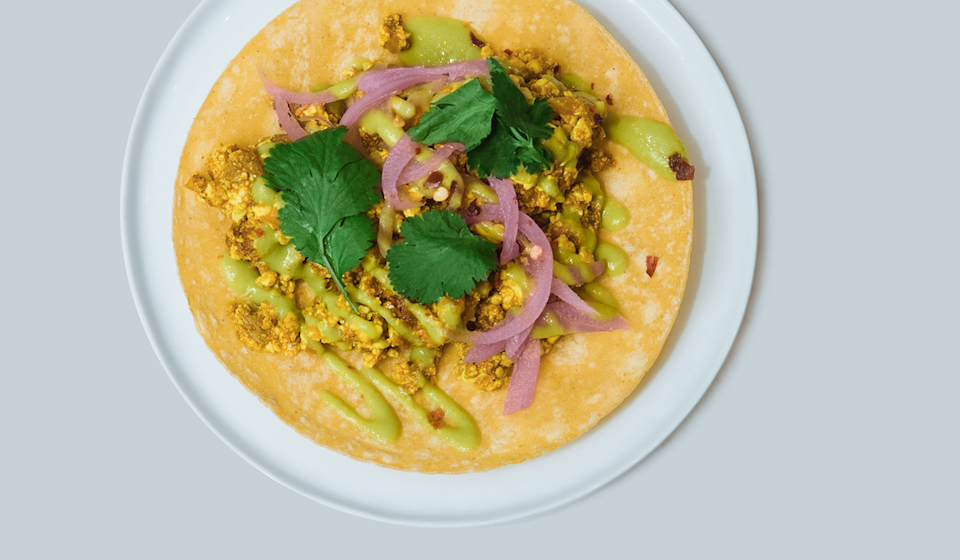Essential Takeaways
- Vitamin K has two main forms: Vitamin K1 and vitamin K2.*
- Vitamin K2 supplements can be popular amongst people who don’t regularly consume meat or fermented foods.*
Although it resides in the last letters of the vitamin alphabet, vitamin K should not be the last thing on your mind when it comes to nutrition—and there are many ways to incorporate it into the diet.
Vitamin K is essential for normal blood clotting.
Vitamin K is well known for its role as a coenzyme for vitamin K-dependent carboxylase, which is an enzyme necessary for the synthesis of proteins in the normal blood clotting process.* (1)
Also known as coagulation, blood clotting is the body’s natural “plugging” mechanism that prevents you from bleeding out when you suffer a skin-breaking injury.* Fun fact: the researcher who discovered vitamin K, Henrik Dam, proposed the name vitamin K in reference to the first letter of the word “Koagulation” in the German and Scandinavian languages. (2)
Vitamin K supports bone health.
Although calcium and vitamin D are often most accredited for bone health, vitamin K is also needed to build and support bone health.* (1,3)
Can you have too much vitamin K?
Vitamin K is a fat-soluble vitamin, meaning that it can dissolve in fats and oils and is stored in the body, specifically in the liver and other body tissues.
Toxicity can be a concern with fat-soluble vitamins since they are able to be stored in the body unlike their water-soluble counterparts, but vitamin K toxicity is rare. In fact there is no Upper Limit (UL) set for the amount of vitamin K and the Food and Nutrition Board (FNB) maintains that there have been no reports of adverse effects related to vitamin K intake from food or supplements in humans or animals.* (1)
However, some medications like Warfarin or Coumadin (anticoagulants) can interact with vitamin K so it’s always important to check in with a healthcare provider prior to taking dietary supplements.*
There are two main forms of vitamin K: K1 and K2.
Vitamin K is not just one vitamin—it actually refers to a family of compounds that share a common chemical structure.
Another way to think about it? Two sides of the same coin:
- Vitamin K1, also known as phylloquinone
- Vitamin K2, also known as menaquinones. (There are actually a series of menaquinones designated as MK-4 through MK-13 based on their side chain length.)
How to get vitamin K?
The daily value (DV) (aka the recommended amount of a nutrient to consume or not to exceed each day) of vitamin K is 120 micrograms (mcg). (1)
Here are four food sources that can help fulfill your daily intake of vitamin K:
1. Green Leafy Vegetables
Spinach is Popeye the Sailor Man’s go-to superfood for a reason. One cup of raw spinach contains 145 mcg vitamin K. (4)
But spinach isn’t the only leafy green that is a vitamin K powerhouse. The long list of health benefits of green leafy vegetables continues. And they pack a punch of micronutrients without the need to consume an excessive amount of calories. For example, if you have an appetite for good Southern cooking, collard greens are a quick way to get more valuable micronutrients out of your meal. One cup of cooked, chopped collard greens contains 773 mcg of vitamin K. Here are some other green leafy vegetables that are an excellent source of vitamin K (tip: since vitamin K is a fat-soluble vitamin, try enjoying your greens with healthy fats like salad dressing or cooked in oil) (1,4):
- Kale
- Swiss Chard
- Broccoli Rabe
- Bok Choy
- Mustard Greens
- Beet Greens
- Dandelion Greens
- Turnip Greens
- Cabbage
- Arugula
2. Chicken and pork
Green leafy vegetables and herbs are high in vitamin K1, but vitamin K2 is found more prevalently in animal products like pork or chicken if the animal feed contains added menadione, a synthetic form of vitamin K that may be added to animal feed . (1)
3. Fermented foods
Fermented foods are an excellent option for those who adhere to a strictly plant-based diet and want to get their fair share of vitamin K2 in their diet.*
Since vitamin K2 is mostly from bacterial origin, fermented foods often contain higher contents of vitamin K2 than their animal-derived counterparts.* (1)
Here are some examples of fermented foods that contain vitamin K2: (2,4,5)
- Natto (fermented soybeans)
- Sauerkraut
- Kimchi
- Hard Cheeses
4. Vitamin K supplements
The most common sources of vitamin K in American diets are broccoli, spinach, lettuce, and vegetable oils, all which contain vitamin K1. But vitamin K2 may be difficult to obtain for a variety of reasons. Maybe you're a strict vegan, or you don’t eat meat often, or you don't like the taste of fermented foods.*
Supplements, like Essential Multivitamin 18+, can be a great way to get your vitamin K2.*
References:
- National Institutes of Health. (2022, April 11). Vitamin K - Health Professional Fact Sheet. Office of Dietary Supplements
- Ferland, G. The discovery of vitamin K and its clinical applications, Retrieved from Annals of Nutrition & Metabolism. November 2012. Pages 213-218.
- Weber P. Vitamin K and bone health, Retrieved from Nutrition. Volume 17, Issue 10, October 2001, Pages 880-887.
- Food Data Central. USDA.
- Walther B, Karl JP, Booth SL, Boyaval P. Menaquinones, bacteria, and the food supply: the relevance of dairy and fermented food products to vitamin K requirements, Retrieved from Adv Nutr. Pages 463-473.











